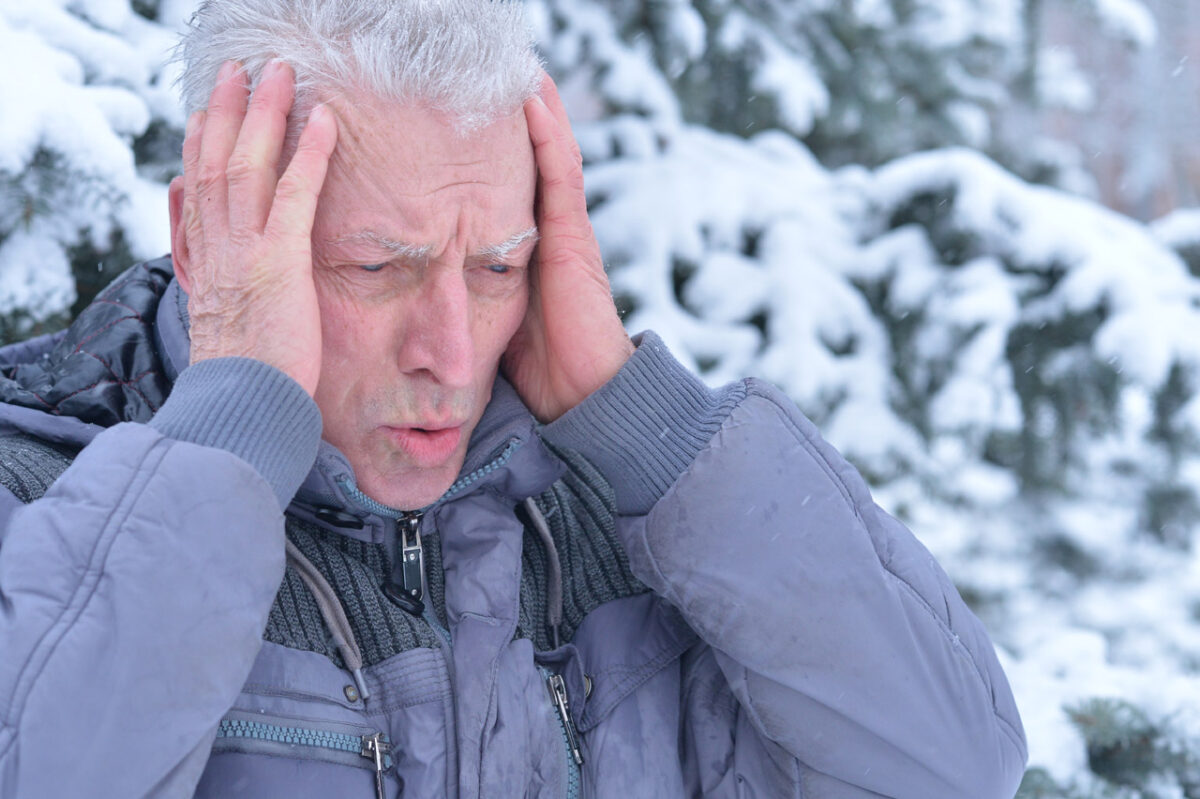As winter blankets the world in frosty layers, it brings not only the joy of holidays but also an unexpected health concern— an uptick in stroke cases. Recent trends indicate a notable surge in strokes during the colder months, shedding light on the correlation between winter weather and cardiovascular health.
Understanding the Risk Factors:
While strokes can happen at any time, the winter season seems to exacerbate certain risk factors. The cold weather prompts physiological changes, including blood vessel constriction and increased blood pressure, elevating the chances of stroke occurrence. Additionally, limited outdoor activities and decreased exposure to sunlight can contribute to vitamin D deficiency, another factor linked to cardiovascular issues.
Winter Stroke Trends:
Studies have shown a consistent rise in hospital admissions for stroke-related incidents during winter. The reasons are multifaceted, intertwining lifestyle changes, physiological responses to colds, and the impact of seasonal infections on overall health. It is crucial to recognize these trends to proactively address and mitigate the risks associated with winter strokes.
Preventing Winter Strokes:
Empowering individuals with knowledge about preventive measures is key to curbing the winter stroke trend. Regular exercise, even in colder temperatures, helps maintain cardiovascular health. A balanced diet rich in essential nutrients can combat the winter blues and fortify the body against potential health threats.
Winter Wellness Strategies:
Combatting the winter stroke surge involves a holistic approach to wellness. Stay hydrated, keep warm, and prioritize heart-healthy foods. Monitoring blood pressure and staying connected with healthcare providers for regular check-ups are paramount. By adopting these strategies, individuals can fortify themselves against the seasonal spike in stroke cases.
How to Stay Safe:
Dr. Vivek Gupta advocates for proactive measures to safeguard against winter strokes. Regular exercise, even in colder temperatures, helps maintain cardiovascular health. A well-balanced diet, rich in nutrients, supports overall well-being and resilience against seasonal health challenges.
Post-Fall Care:
In case of a fall during winter, Dr. Vivek Gupta recommends addressing any discomfort promptly. Post-fall pain may indicate underlying issues that, if left untreated, could contribute to the risk of strokes. Seeking professional medical assistance ensures timely intervention and proper treatment.
If you or a loved one experiences discomfort or has concerns about winter health, Dr. Vivek Gupta is here to provide personalized guidance and support. Schedule a consultation to address specific health needs and receive expert advice tailored to your well-being.


Comments 0